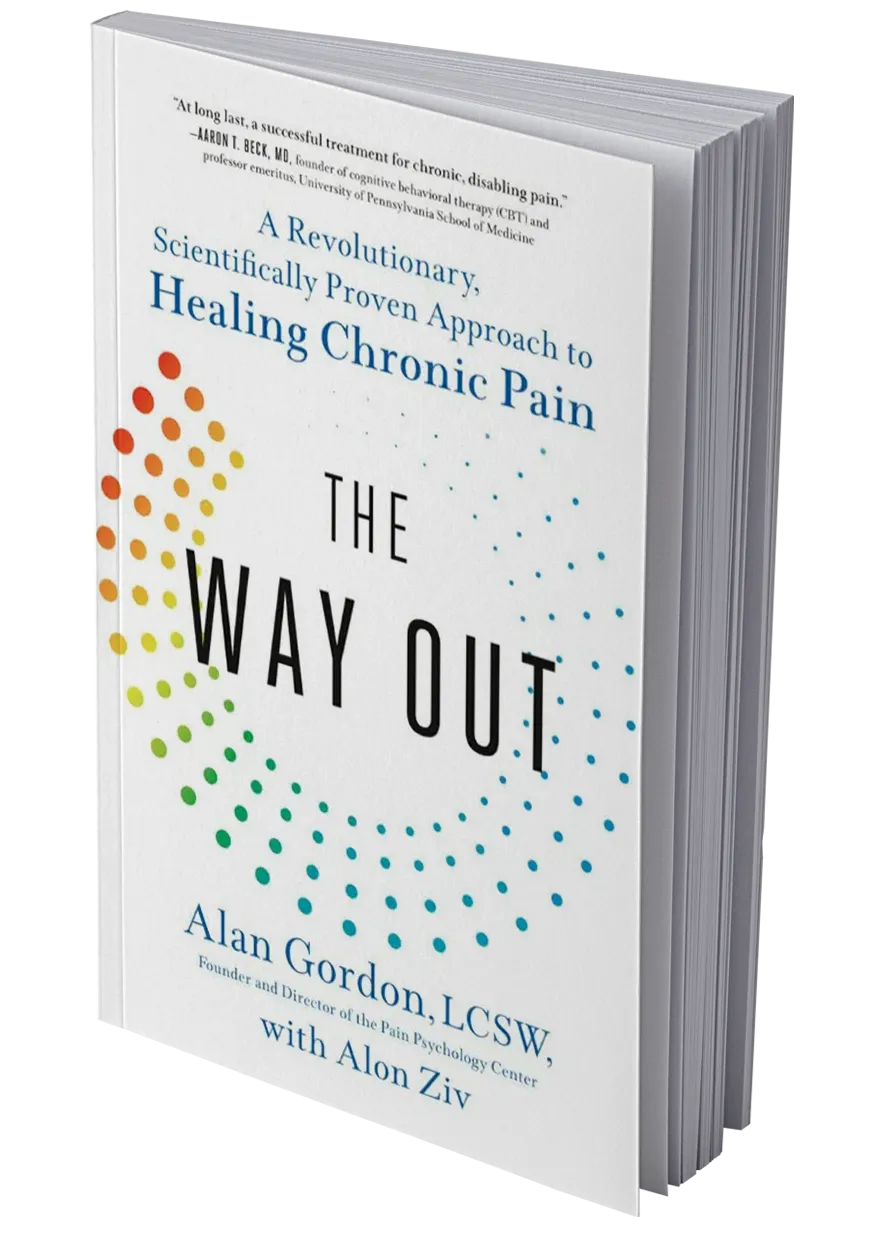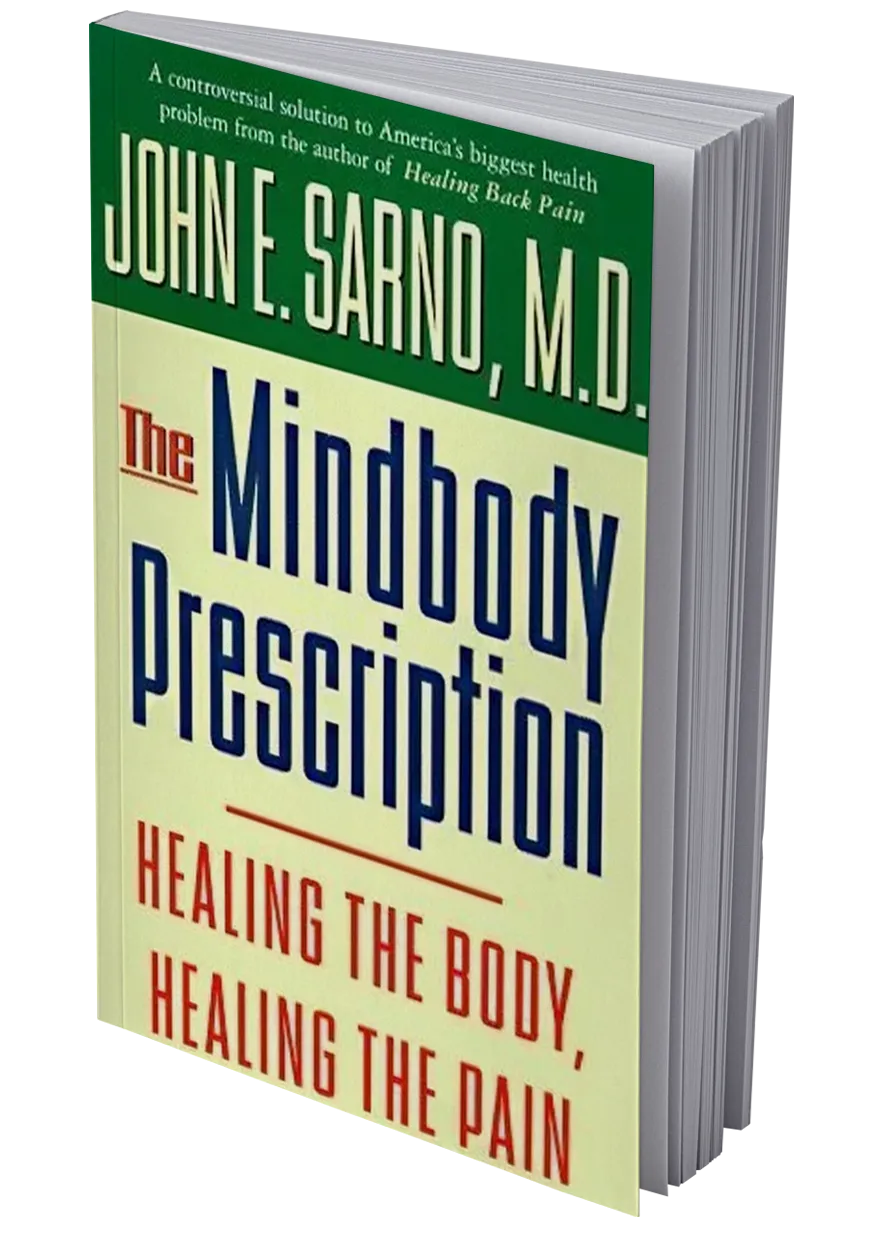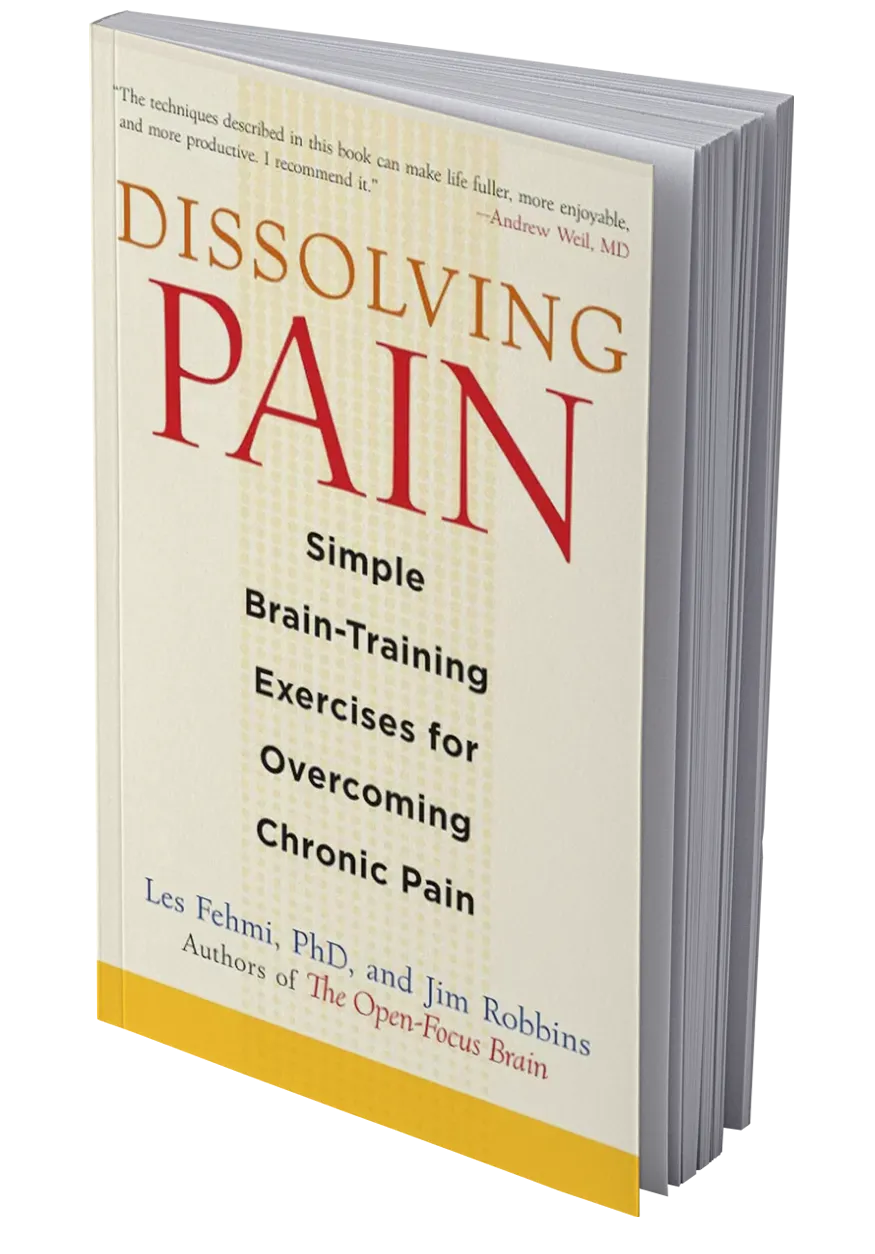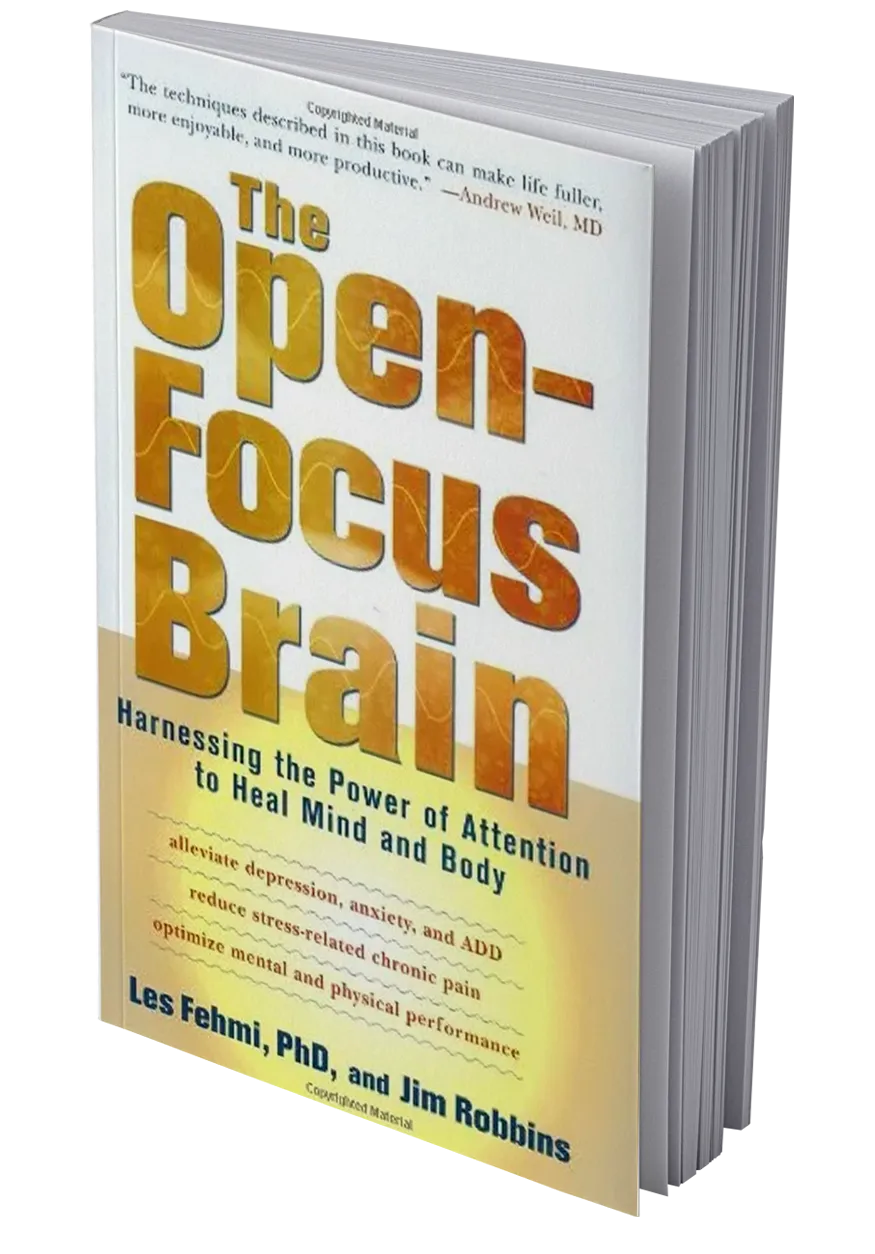RESOURCES
Empowering Resources for Fibromyalgia & Mind-Body Pain Healing
What is Fibromyalgia and Mind-Body Syndromes
How do you know if you or a loved one has it?

Fibromyalgia is a mind-body syndrome characterized by widespread pain, fatigue, and other symptoms that affect daily life. It impacts how the brain processes pain signals, leading to heightened sensitivity and daily suffering. Fibromyalgia comes with many different symptoms and chronic pain and often involves doctor hopping and trying desperately to find answers but you keep being told that there is nothing wrong with you, scans are clear and bloods are fine. Sound familiar?
Common symptoms include:
Widespread Pain: Pain can vary in intensity and is often described as burning, gnawing, or throbbing.
Fatigue: Many individuals experience severe tiredness that does not improve with rest.
Sleep Disturbances: Insomnia or non-restorative sleep is common.
Cognitive Issues: Often referred to as "fibro fog," this includes difficulties with memory and concentration.
Emotional Distress: Anxiety and depression are frequently reported alongside fibromyalgia symptoms.
What is a Mind-Body Syndrome?
Mind-Body Syndrome (MBS) refers to real, physical symptoms that are generated or intensified by the brain and nervous system—not by ongoing injury or disease. When the brain perceives something as a threat—whether it’s emotional stress, past trauma, fear, or internal conflict—it can create pain, fatigue, and other symptoms as a protective mechanism, even when there is no physical damage.
This doesn’t mean your symptoms are "all in your head." The pain is very real—but it comes from how your brain and body are communicating, not from structural harm. The good news? Because the brain learned to create these patterns, it can also unlearn them through techniques like Pain Reprocessing Therapy (PRT), somatic tracking, and emotional processing.
MBS is often behind chronic symptoms that don’t respond to traditional medical treatment. These are common conditions linked to Mind-Body Syndrome that I work with:
Fibromyalgia
Chronic back or neck pain/sciatica
Shoulder/leg/knee/foot/hand/elbow pain
Chronic Burning Sensations
Tension headaches or migraines
TMJ/jaw pain
Irritable Bowel Syndrome (IBS)/Chronic GI Issues
Chronic fatigue/ME
Pelvic pain
Interstitial cystitis, pelvic pain
Repetitive strain injuries (e.g., carpal tunnel)
Non-pain symptoms like anxiety, depression, insomnia
These symptoms are not imagined—they are brain-based. And with the right understanding and approach, they can be reduced or even fully resolved.
If you would like to learn more about how mind-body syndromes are impacting your life and learn healing practices with expert support then check out my [ Coaching Options ].
Educational Articles and Guides
Mind-Body Syndrome Related Articles

Educational Mind-Body Videos
Animated pain education video series by Howard Schubiner (my PRT Teacher & Mentor)
Start Your Path to Relief Today
Do you have any questions?
Simone's Favorite Must-Reads
Each of these books are our top book recommendations for overcoming fibromyalgia, managing chronic pain, and nurturing your nervous system and have played a powerful role in my own healing and recovery recovery — and I regularly recommend them to my coaching clients.

This book is written by my teacher and mentor and has deepened my training in mind-body neuroplastic pain healing and changed how I see chronic pain.

Alan Gordon is a profound healer and is one of my biggest hero's in this field of mind-body healing. I learnt a lot from this book which has also deepened my understanding of my training in this field.

One of the founding fathers of these healing practices, John Sarno's book is a great healing resources.

Experts Butler and Moseley were my first virtual teachers when I entered this field a long time ago. I love their humor and their simplicity in how they explain complex terms. I highly recommend this book.

Dr Joe Dispenza broadens my mind on so many levels. He explores the power of the mind to heal and transform the body and focuses on the intersection of neuroscience, epigenetics, and quantum physics. I recommend all his books and research.

Metaphors are great for pain education and Dr Lorimer Moseley brings humor again into a great collection of healing anecdotes. The stories in this book really help to describe the biology of pain by simplifying complex ideas and making them more relatable.
Free Health and Wellbeing E-Booklets

Free Training: 5 Key Drivers of Fibromyalgia
FREE VIDEO SERIES
WHAT YOU"LL LEARN DURING THIS FREE TRAINING
Key Driver 1: Learn about the greatest contributor to your fibromyalgia pain and symptoms - The Brain.
Key Driver 2: Uncover the role of chronic inflammation. Discover how inflammation throughout your body contributes to fibromyalgia symptoms.
Key Driver 3: Discover one of the causes behind your fatigue. Find out how poorly functioning mitochondria can lead to fatigue and pain.
Key Driver 4: The Impact of a dysfunctional gut microbiome. Discover how an imbalanced gut microbiome can exacerbate your symptoms.
Key Driver 5: Emotional distress and fibromyalgia. Recognize the link between destructive mind states and fibromyalgia.
Special Bonus: An exiting healing bonus for you.













